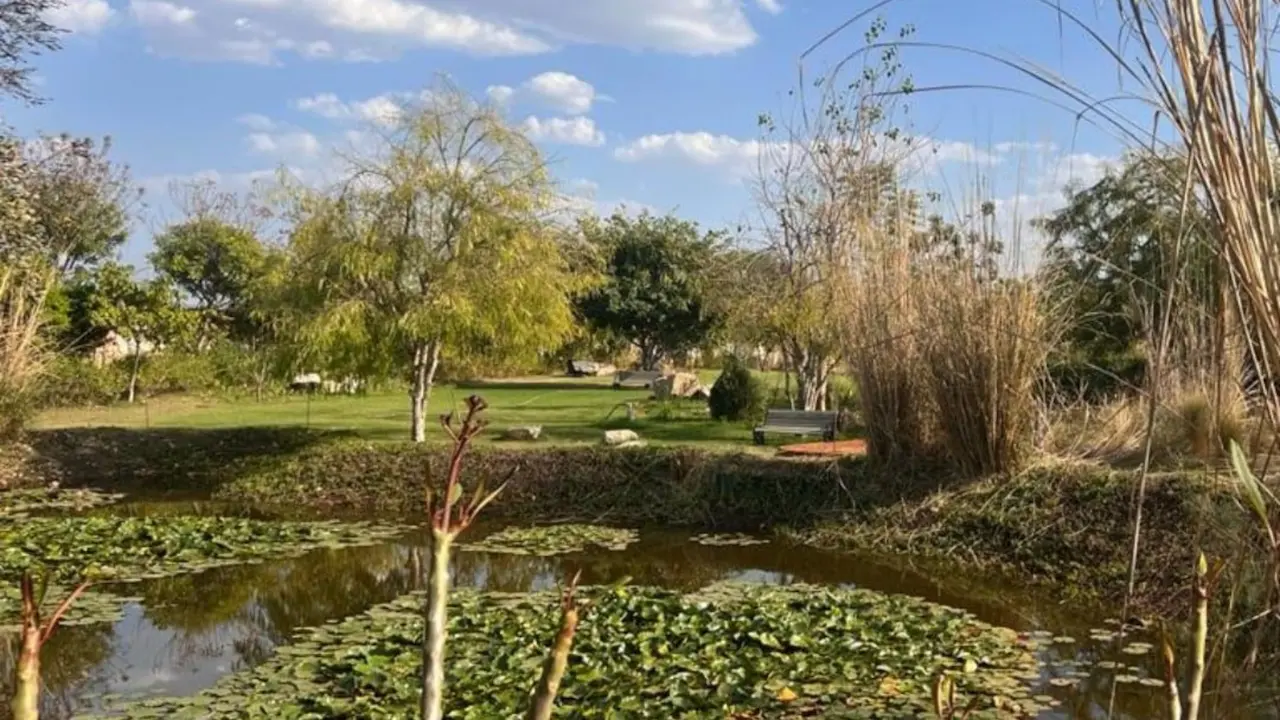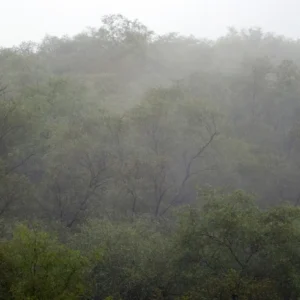Sariska Tiger Reserve, renowned for its majestic tigers and diverse wildlife, owes much of its ecological balance to a group often overlooked: insects. These tiny creatures form the intricate foundation of the ecosystem, influencing everything from plant reproduction to the sustenance of larger animals. Insects are contributions to pollination, nutrient cycling, and the overall health of the ecosystem.
Pollinators: Nature’s Farmers
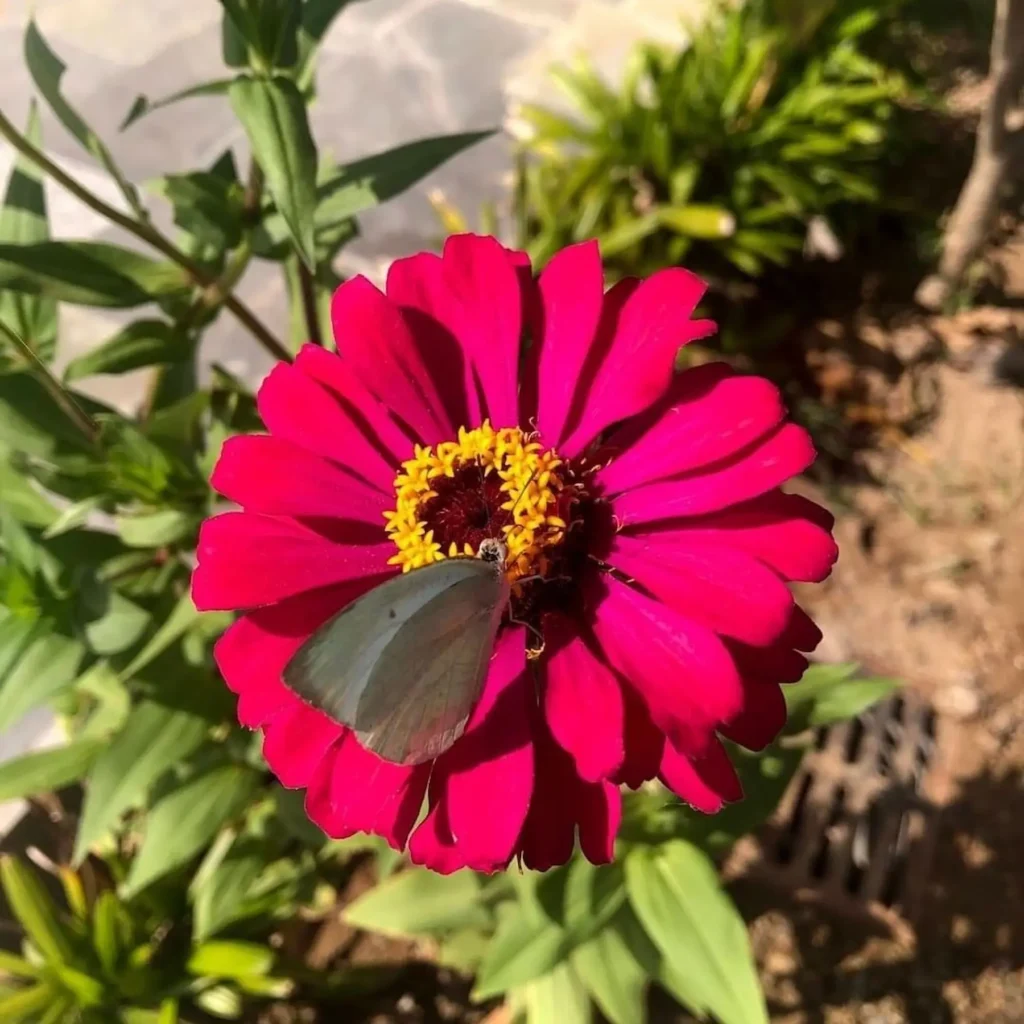
Insects are the unsung heroes of agriculture and natural ecosystems alike. Bees, butterflies, moths, and beetles are key pollinators, facilitating the transfer of pollen between flowers. This process is essential for the production of fruits, seeds, and new plants. Without pollinators, many plant species, including those that provide food and shelter for Sariska’s wildlife, would struggle to survive.
- Bee Diversity: Sariska is home to a variety of bee species, including honeybees, solitary bees, and bumblebees. These industrious insects collect nectar and pollen, inadvertently transferring pollen between flowers as they move from plant to plant.
- Butterfly Ballet: Graceful butterflies flitting among the wildflowers of Sariska are not only a delight to watch but also vital for pollination. As they sip nectar, pollen grains stick to their bodies and are transferred to the next flower they visit.
Insects: The Unsung Heroes of Sariska
Insects are the backbone of Sariska’s vibrant world. From the tiniest bee to the bustling beetle, they play roles vital to the health of our ecosystem.
Pollinators in Action
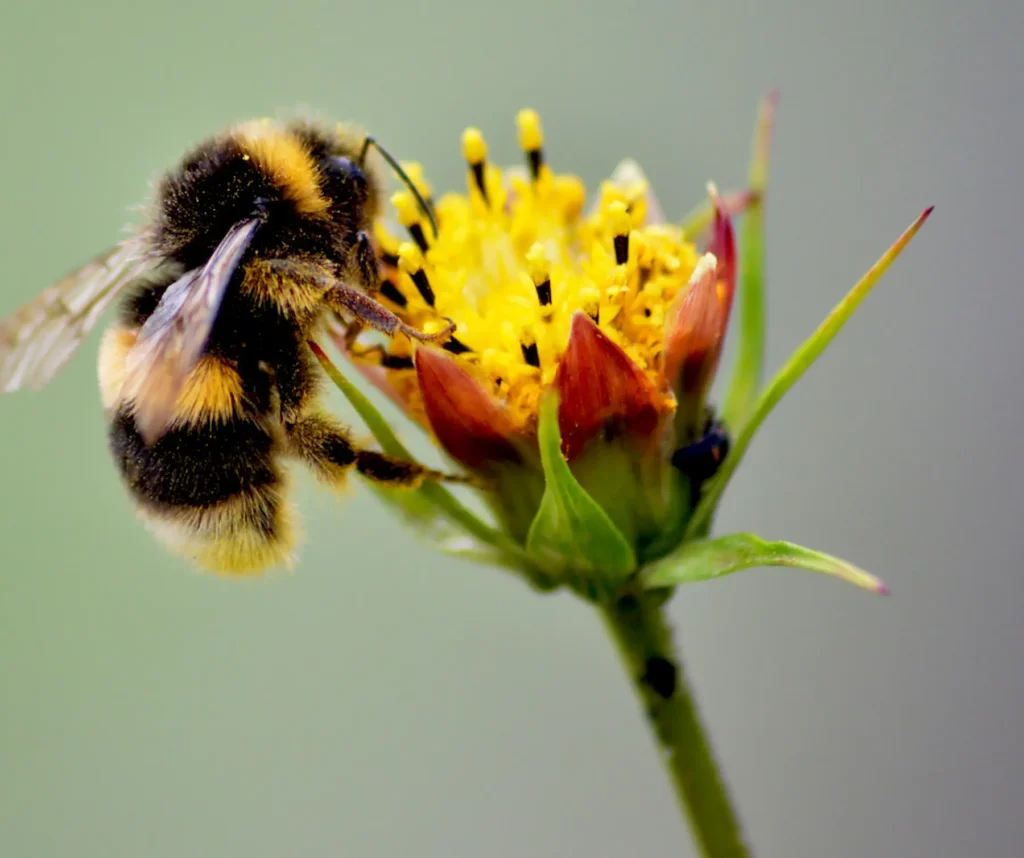
Bees, butterflies, and moths are nature’s farmers. As they flit from flower to flower, sipping sweet nectar, they carry pollen on their bodies, helping plants reproduce. Without these busy pollinators, many of Sariska’s plants, including those that feed wildlife, would struggle to survive.
Nature’s Cleanup Crew
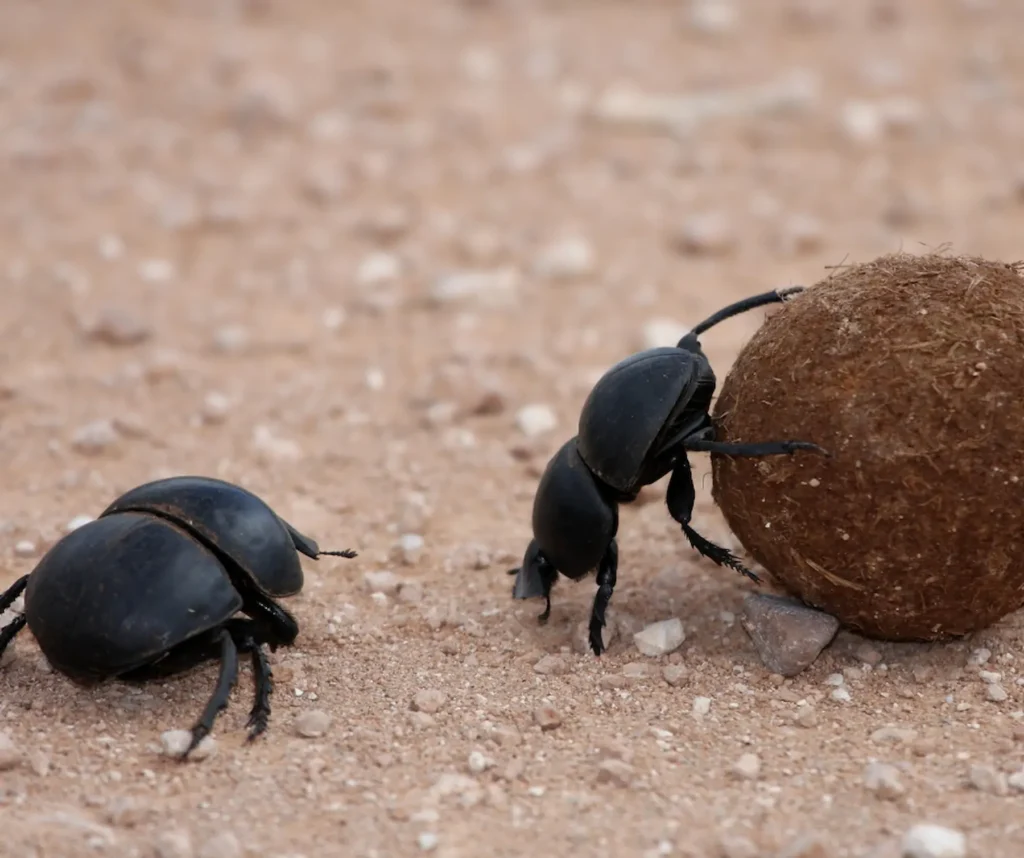
Insects are also the ecosystem’s sanitation workers. Dung beetles, for example, bury animal waste, enriching the soil and creating a healthy environment for plants and other creatures.
A Feast for Life
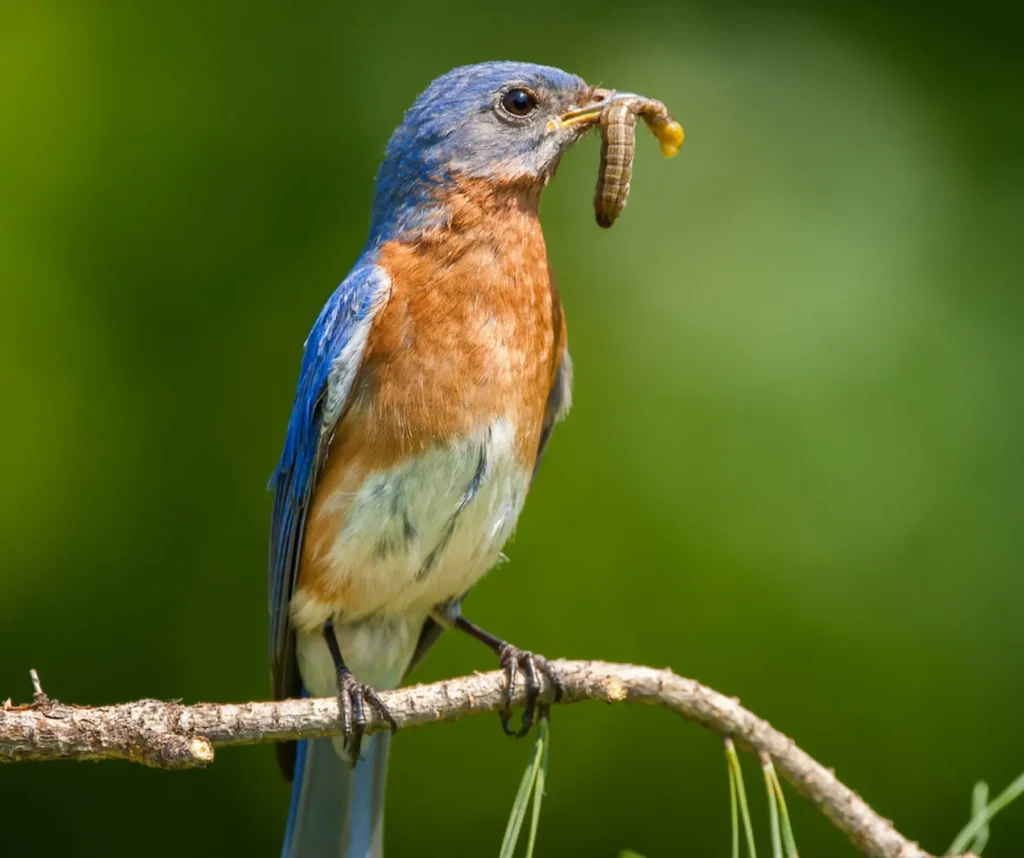
Insects are a crucial food source for countless animals from birds to reptiles. A healthy insect population means a thriving ecosystem. They even help control other insects, keeping plant-eaters in check.
Threats to Insect Diversity
Despite their critical importance, insect populations are facing significant challenges due to habitat loss, pesticide use, and climate change. These factors disrupt delicate ecological balance and threaten the survival of many insect species. Protecting insect habitats and promoting sustainable practices is essential for preserving the health of Sariska and other ecosystems.
Conclusion
From the buzzing symphony of pollinators to the tireless work of nature’s recyclers, insects are the unsung heroes orchestrating Sariska’s vibrant ecosystem. Immerse yourself in a premier wildlife lodge and resort in Sariska—the heart of this incredible ecosystem. Protecting insect habitats and promoting sustainable practices is essential for preserving the health of Sariska and other ecosystems. with patience and respect for the natural environment. Book your stay now and immerse yourself in the beauty of Sariska’s natural wonders.

